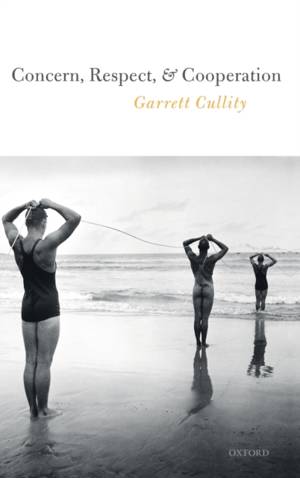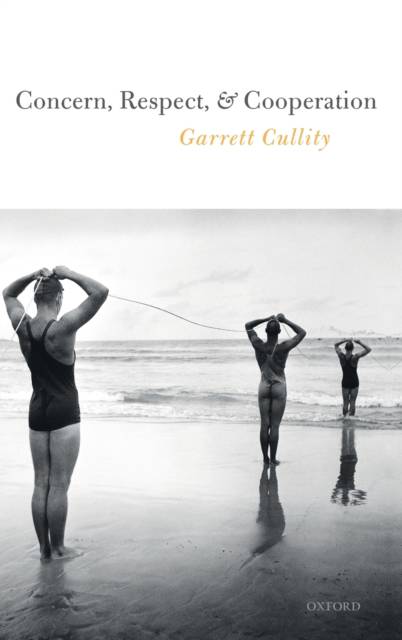
- Afhalen na 1 uur in een winkel met voorraad
- Gratis thuislevering in België vanaf € 30
- Ruim aanbod met 7 miljoen producten
- Afhalen na 1 uur in een winkel met voorraad
- Gratis thuislevering in België vanaf € 30
- Ruim aanbod met 7 miljoen producten
Zoeken
Omschrijving
Three things often recognized as central to morality are concern for others' welfare, respect for their self-expression, and cooperation in worthwhile collective activity. When philosophers have proposed theories of the substance of morality, they have typically looked to one of these three sources to provide a single, fundamental principle of morality - or they have tried to formulate a master-principle for morality that combines these three ideas in some way. In Concern, Respect, and Cooperation, Garrett Cullity urges us to think of them instead as three independently important foundations of morality. The overall aim is to illuminate the structure of morality by showing how its complex content is generated from a relatively simple set of underlying elements - with the complexity resulting from the various ways in which one part of morality can derive from another, and the various ways in which they can interact. Plural-foundation moral theories are sometimes criticized for having nothing helpful to say about cases in which their fundamental norms conflict. Responding to this, Cullity concludes with three detailed applications of his theory: to the questions surrounding paternalism, the use of others as means, and our moral responsibilities as consumers.
Specificaties
Betrokkenen
- Auteur(s):
- Uitgeverij:
Inhoud
- Aantal bladzijden:
- 326
- Taal:
- Engels
Eigenschappen
- Productcode (EAN):
- 9780198807841
- Verschijningsdatum:
- 12/06/2018
- Uitvoering:
- Hardcover
- Formaat:
- Genaaid
- Afmetingen:
- 157 mm x 236 mm
- Gewicht:
- 657 g

Alleen bij Standaard Boekhandel
+ 319 punten op je klantenkaart van Standaard Boekhandel
Beoordelingen
We publiceren alleen reviews die voldoen aan de voorwaarden voor reviews. Bekijk onze voorwaarden voor reviews.











